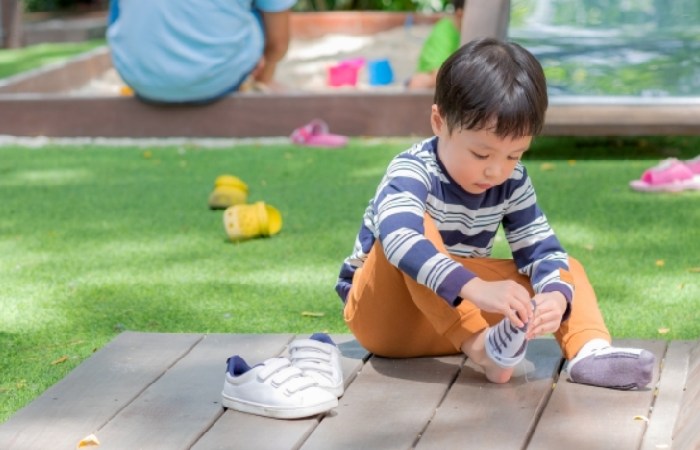Disabilities are increasingly common among children in the United States. One in seven children aged between 3 and 17 is diagnosed with a developmental disability, and over 35% have some type of physical disability, the Office of Population Affairs reveals. If you’re a parent of a child with special needs, it’s important to arm yourself with knowledge and information that can help your child to live an enjoyable and independent life.
Understand the Disability
Researching your child’s condition will help you to understand it better and know the symptoms and behaviors to expect so you can best support your child. For example, cerebral palsy is the most common motor disability in childhood and often involves learning difficulties and problems walking. However, roughly 15-20% of people with cerebral palsy can also experience hearing loss, which in turn leads to difficulty talking and socializing. Fortunately, corrective surgery can completely treat most cases of hearing loss, while hearing aids and antibiotics are less invasive forms of effective treatment. It’s usual for disabilities to impact a child’s physical health, and being aware of symptoms to expect can help you advocate for your child at home, school, or the doctor’s office.
Encourage Independence From a Young Age

It’s common for parents of children with additional needs to be concerned about the level of independence their child will be able to achieve as an adult. However, you can proactively increase the chances of your child living an independent life by teaching them essential life skills while they’re young. For example, you can help your child become accustomed to busy public settings and life outside the home by bringing them along with you while shopping, visiting the library, or using public transport. At home, give them responsibilities once they’re old enough like tidying away their toys after play or folding their own laundry. Experiences and responsibilities such as these will grow your child’s confidence and decision-making skills and encourage them to carve out their own path in life.
Consider Play Therapy
Play is therapeutic and many children with disabilities benefit from this treatment as a way to learn how to process and articulate their emotions. In fact, 71% of children referred to play therapy experience positive change. Play therapy typically involves a trained therapist observing your child as they play, only intervening when needed to help your child resolve a problem.
The therapist can help your child explore their emotions, learn new coping mechanisms, dealing with unresolved trauma, and replace inappropriate behaviors with positive ones. Play therapy can help your child develop self-esteem, empathy for others, and social skills. It can also help them strengthen familial relationships, alleviate anxiety, and develop language and fine and gross motor skills.
Raising a child with additional needs is a challenging yet rewarding experience that’s unique for every parent. Taking the time to understand your child’s disability, foster independence, and take them to play therapy are key ways you can provide your child with the best support possible.

